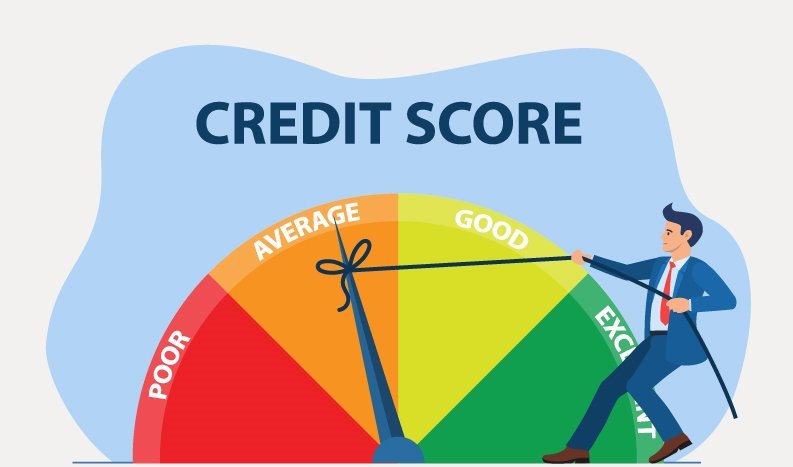Introduction
Every prospective borrower’s worst fear is a low credit score. Lenders often turn down anyone with a bad credit score for financial help. To put it simply, your credit score reflects your ability to manage your finances. In a nutshell, your credit report and score are used to determine your creditworthiness as a whole. Before providing consumers with financial goods such as credit cards or loans, the Reserve Bank of India requires all banks to follow this rule.
What is a credit score?
A credit score is just a number between 300 and 900, representing how well you manage your finances. Your credit score is derived from the information included in your credit report and serves as a tool for lenders to assess your creditworthiness. A credit score of 750 or more is regarded as acceptable, making it easier for you to get approved for loans and credit cards. You can check credit score online before applying for a loan.
How to boost your credit score?
There is no need to be alarmed if your credit score has suffered a hit in recent weeks or months. Follow the advice provided here, and you’ll be on your way to obtaining a favorable credit score in no time.
Pay off any outstanding debts, including loans and credit cards.
When you miss even a single payment on your debts, such as a personal loan, a car loan, a home loan, or a credit card, your credit score might suffer significantly. Additionally, making minimum payments on your credit card bills, although it may be a more convenient option than paying the total balance due, is detrimental to your credit score in the long run. For further information, please see the article below.
Examine your credit report for any mistakes.
According to popular belief, to make a mistake is human. On the other hand, your credit report might include some inaccurate information. Keep track of your credit score frequently and report any inaccurate information. It’s possible that a Car Loan that you terminated months ago will not appear on your credit record. It may still appear on your credit report as an unpaid obligation, lowering your credit score.
Ensure that any outstanding loans and credit cards are paid in full and on schedule.
To improve your credit score, you should be aware that being punctual with your current loans and credit cards is crucial. When it comes to these payments, you may consider putting up a standing order if you’re one of the forgetful types. Keeping your loan and credit card payments on time is no secret – it helps raise your credit score when you do. Make sure to make your payments on time!
Reduce your credit card debt.
The only thing that matters is how much of your credit you’re using. Assume you have a Visa or MasterCard with an Rs. 1 lakh credit limit. In this example, let’s say you spend Rs. 50,000 every month on this card. You’re essentially spending half of your allotted credit at this point. Your credit score may suffer if you’re using too much of your available credit. You should never use more than 20% to 30% of your credit limit at a time. You may ask your bank to raise the credit limit on your credit card if you aren’t content with the amount you already have. In this approach, you’ll be able to keep your credit use in control more easily.
Keep old credit cards or loans in your wallet.
Is it ridiculous to suggest this? True, even if it seems otherwise. Long-term credit accounts have a significant impact on one’s credit score. What’s the matter? Because it demonstrates that you have taken responsibility and paid your dues on time. As a possible borrower, it also creates a positive tone for your creditworthiness. As a result of this, you’ll be able to take advantage of even better financial discounts and incentives!
Consider applying for a new credit card or loan.
You must have a credit account to keep a credit history, which may seem counterintuitive at first. This implies that you will either need to seek a loan or keep your credit card active. As long as you do not have a credit card or a loan, you will not be building a credit history and hence will not be accumulating a credit score. To improve your credit score, we recommend that you get a credit card or take out a loan, make on-time payments, and be thankful for your good fortune.
Conclusion
When applying for a mortgage, particularly a house loan, having a good credit score increases your chances of getting considered. You have a better chance of obtaining cheaper interest rates on mortgages, as well as negotiating a reduced insurance premium. Home mortgages currently in place may be refinanced at a reduced interest rate. Bankers may be able to provide a lesser processing cost and a more flexible repayment alternative.
